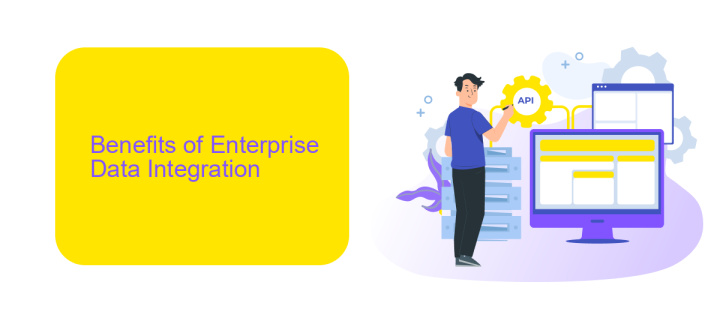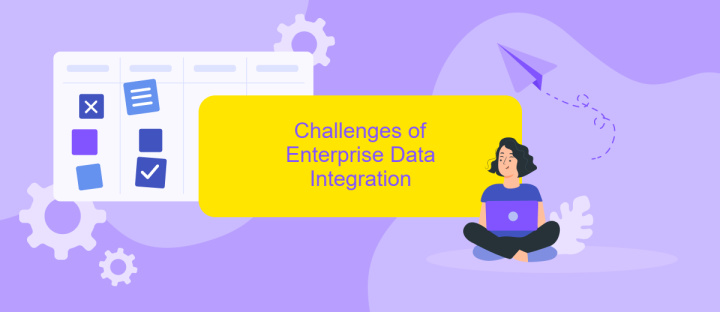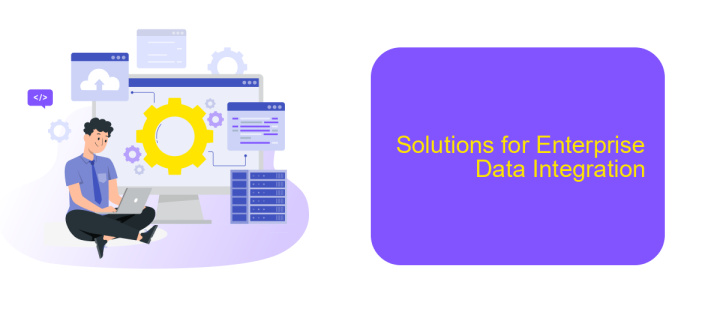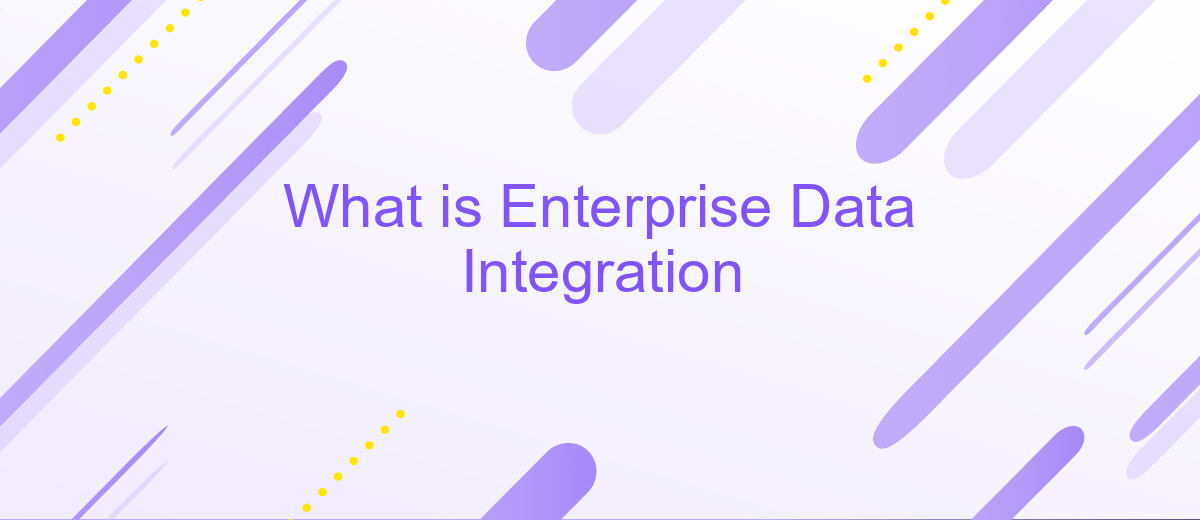What is Enterprise Data Integration
Enterprise Data Integration (EDI) is the process of combining data from different sources within an organization to provide a unified view. This enables businesses to streamline operations, enhance decision-making, and improve overall efficiency. By integrating data, enterprises can break down silos, ensure data consistency, and leverage comprehensive insights to drive strategic initiatives and maintain a competitive edge.
Introduction
Enterprise Data Integration (EDI) is a critical process that enables organizations to consolidate data from various sources, ensuring seamless communication and efficient data management across different departments. By integrating data, businesses can enhance decision-making, improve operational efficiency, and gain a comprehensive view of their operations.
- Centralized data management
- Enhanced data accuracy and consistency
- Improved decision-making processes
- Streamlined business operations
One of the tools that facilitate EDI is ApiX-Drive, a platform designed to automate the integration of various applications and services. ApiX-Drive simplifies the process of connecting disparate systems, reducing the need for manual data entry and minimizing errors. This service helps organizations to maintain a cohesive data ecosystem, enabling them to focus on strategic initiatives rather than technical challenges.
Benefits of Enterprise Data Integration

Enterprise Data Integration (EDI) streamlines the process of combining data from various sources, enhancing overall business efficiency. By integrating disparate data systems, organizations can achieve a unified view of their data, facilitating better decision-making and strategic planning. This consolidation reduces data silos, minimizes errors, and ensures data consistency across the enterprise, ultimately leading to improved productivity and operational efficiency.
Moreover, EDI supports real-time data access and sharing, which is crucial for timely and informed decision-making. Tools like ApiX-Drive simplify the integration process by providing user-friendly platforms for connecting various applications and data sources. This not only accelerates the integration setup but also reduces the need for extensive technical expertise, allowing businesses to focus on core activities. As a result, companies can respond more swiftly to market changes and customer needs, gaining a competitive edge in their industry.
Challenges of Enterprise Data Integration

Enterprise data integration presents several challenges that organizations must address to ensure seamless data flow and effective decision-making. These challenges can hinder the integration process and impact the overall efficiency of the enterprise.
- Data Silos: Different departments often use disparate systems, leading to isolated data that is difficult to integrate.
- Data Quality: Inconsistent or inaccurate data can cause significant issues during integration, affecting the reliability of business insights.
- Scalability: As organizations grow, the integration solutions must be able to scale to handle increasing data volumes and complexity.
- Security and Compliance: Ensuring that data integration processes comply with regulatory requirements and maintain data security is crucial.
- Cost and Resources: Implementing and maintaining integration solutions can be resource-intensive and costly.
To address these challenges, organizations can leverage tools like ApiX-Drive, which offer automated data integration solutions. ApiX-Drive simplifies the process by connecting various systems and applications, ensuring data consistency and reducing manual effort. By utilizing such services, enterprises can overcome integration hurdles and enhance their data management capabilities.
Solutions for Enterprise Data Integration

Enterprise Data Integration is essential for businesses aiming to consolidate data from various sources into a unified system. This process enhances data accessibility, accuracy, and consistency, ultimately driving better decision-making and operational efficiency.
Several solutions can facilitate enterprise data integration. These solutions range from traditional ETL (Extract, Transform, Load) tools to modern cloud-based integration platforms. The choice of solution depends on the specific needs and infrastructure of the organization.
- ETL Tools: Traditional ETL tools help in extracting data from multiple sources, transforming it into a suitable format, and loading it into a target system.
- API Management: API-driven integration allows seamless data exchange between different systems, enabling real-time data synchronization.
- Integration Platforms as a Service (iPaaS): Cloud-based platforms like ApiX-Drive offer user-friendly interfaces and pre-built connectors for quick and efficient data integration.
- Data Virtualization: This approach allows real-time data integration without physical data movement, providing a unified view of data from various sources.
Choosing the right enterprise data integration solution is crucial for achieving a cohesive and comprehensive data ecosystem. Platforms like ApiX-Drive simplify the integration process, making it accessible even to non-technical users, thereby accelerating the path to data-driven insights.
Conclusion
Enterprise Data Integration is a critical component for modern businesses aiming to harness the full potential of their data. By seamlessly connecting disparate data sources, organizations can achieve a unified view of their operations, leading to more informed decision-making and enhanced efficiency. The integration process not only improves data accessibility but also ensures data consistency and accuracy across various platforms.
Implementing effective data integration strategies can be complex, but tools like ApiX-Drive simplify this process significantly. ApiX-Drive offers robust solutions for automating data workflows, enabling seamless integration between various applications and services. By leveraging such tools, enterprises can streamline their data management processes, reduce manual intervention, and ultimately drive better business outcomes. As the landscape of enterprise data continues to evolve, investing in reliable integration solutions will remain pivotal for sustaining competitive advantage and operational excellence.
FAQ
What is Enterprise Data Integration?
Why is Enterprise Data Integration important?
What are the common challenges in Enterprise Data Integration?
How can businesses automate and streamline their data integration processes?
What are the benefits of using an integration platform for Enterprise Data Integration?
Strive to take your business to the next level, achieve your goals faster and more efficiently? Apix-Drive is your reliable assistant for these tasks. An online service and application connector will help you automate key business processes and get rid of the routine. You and your employees will free up time for important core tasks. Try Apix-Drive features for free to see the effectiveness of the online connector for yourself.

